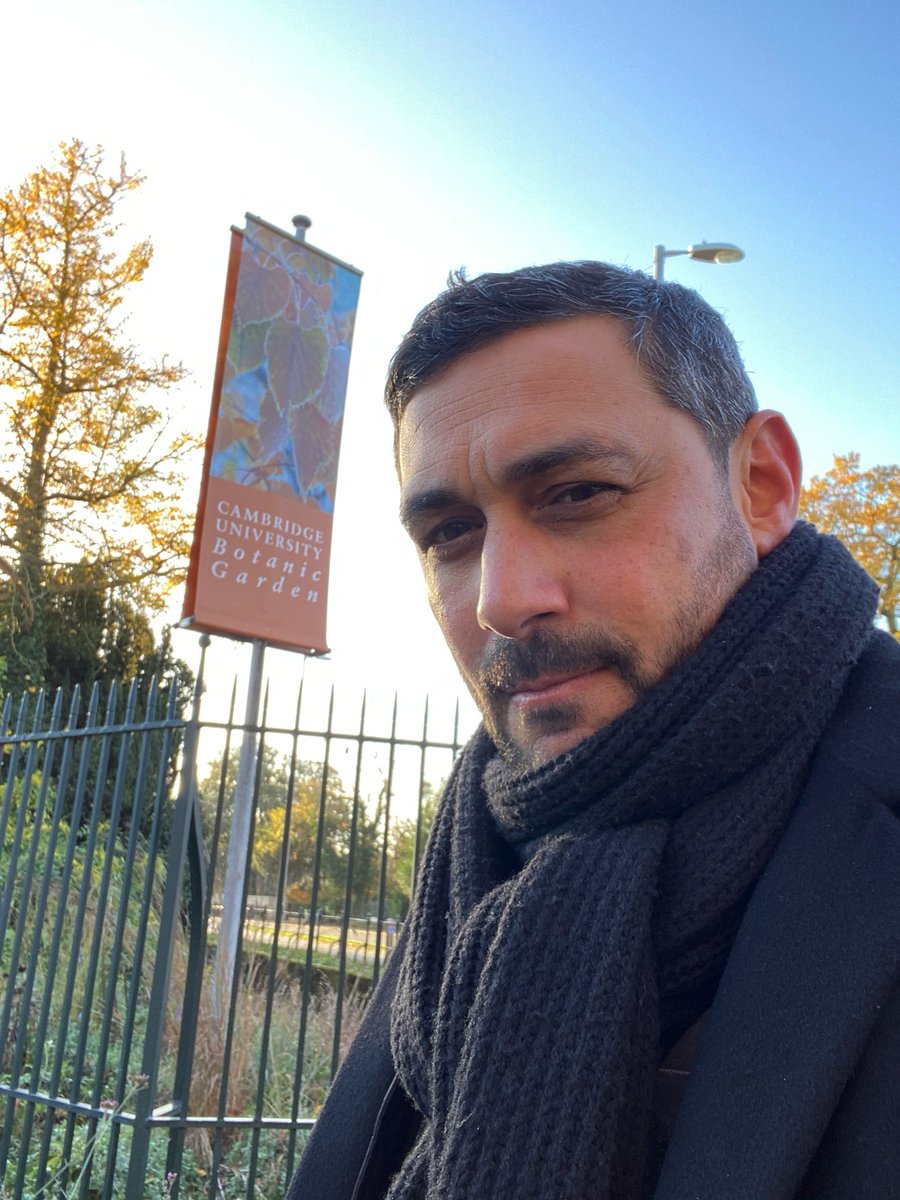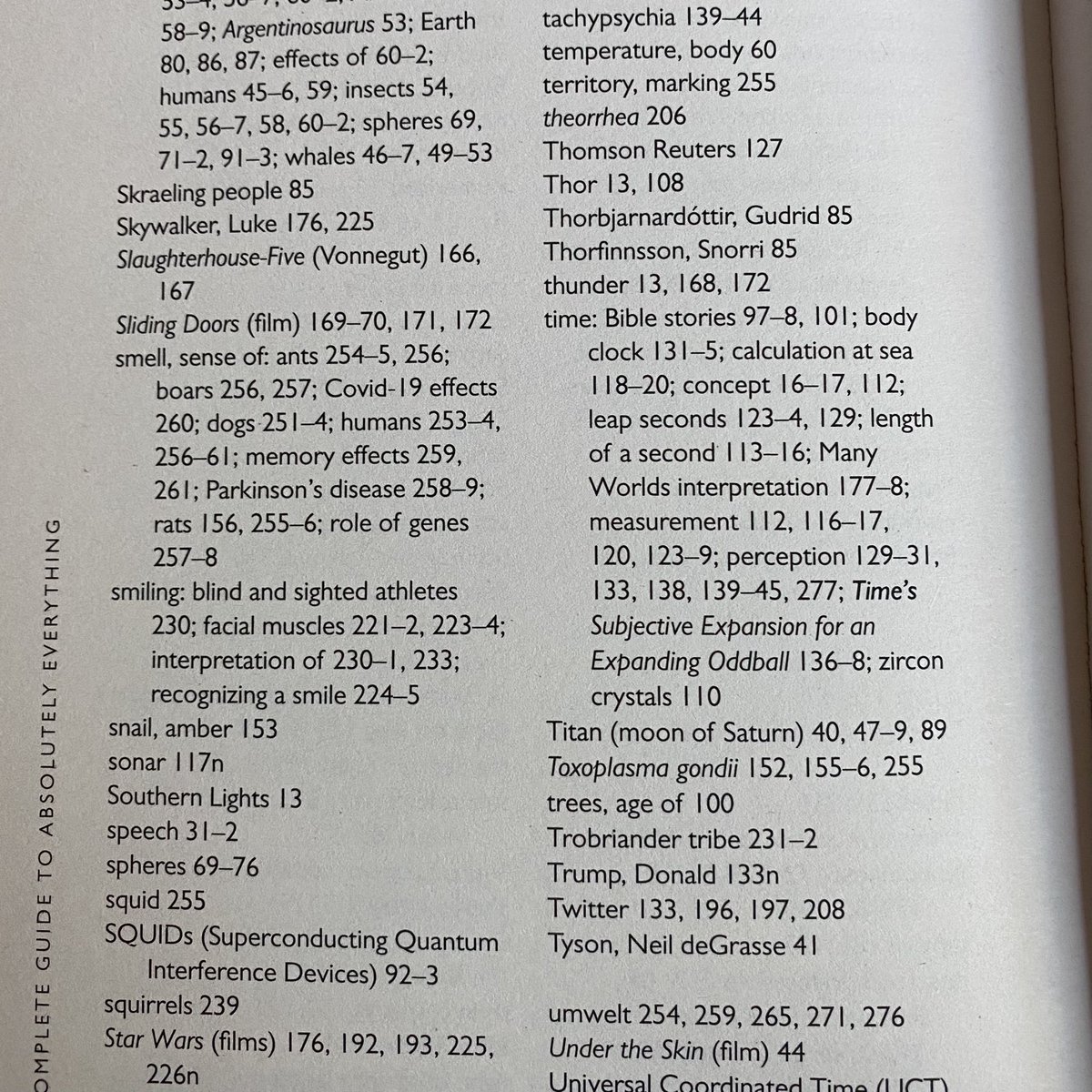
Ideas that I cover in depth and with references in my new book, rather than hot takes that imagine a scenario and shit the bed about it. History is always contested, and is always political.
https://twitter.com/richarddawkins/status/1463750520603131907
I’ve spoken to RD on this matter and his views seemed to be much more nuanced that this tweet suggests.
Language like ‘they will come for…’ has only negative valence. History is the assessment of figures from the past, and is therefore always changing.
Language like ‘they will come for…’ has only negative valence. History is the assessment of figures from the past, and is therefore always changing.
Personally, I think the removal of Galton and Pearson’s names from UCL is right and proper, Fisher probably but his is a more complex story. I don’t think Huxley’s removal from IC is sensible.
But the important thing is that we use these moments to enlighten rather than inflame; our duty is to understand the context in which these figures operated.
I feel like I’m saying this for the 78th time.
I feel like I’m saying this for the 78th time.
But isn’t it strange that in this endeavour which strives to remove people and all their limited senses and biases from our understanding of reality that we are so wedded to putting them on pedestals. Science has yet to struggle out of a whiggish Great Man version of our history.
In the meantime, I shall continue to teach students and the public about the work of these men, great, good of otherwise. I am glad that the era of carte blanche is waning.
Scientists should endeavour to consider historical evidence, context and nuance with the same rigour that they apply to their scientific data.
• • •
Missing some Tweet in this thread? You can try to
force a refresh












